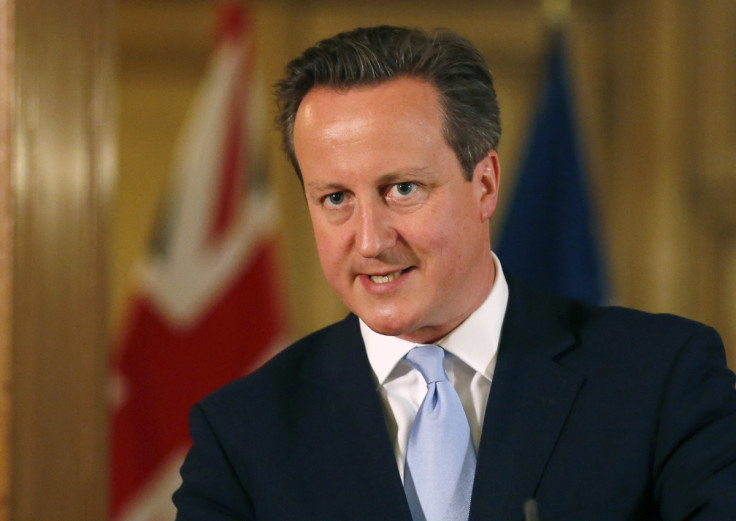Malaysia Airlines MH17: UK Urges Tougher EU Sanctions on Russia over 'Kremlin Meddling' in Ukraine

The British government wants the "immediate implementation" of a new batch of sanctions on Russia previously agreed by European Union leaders, according to Number 10.
It is in response to "Kremlin meddling" in Ukraine, a Downing Street spokesman told the Reuters news agency.
The government will also push for wider economic sanctions – including sectoral ones – unless international investigators attempting to get to the crash site of flight MH17, the passenger airliner allegedly downed over eastern Ukraine in an incident that cost all 298 passengers' lives, are given unfettered access.
Pro-Russian separatists are fighting in the area and have control of the site. They are accused of shooting the plane down with surface-to-air missiles provided by the Russian army. A number of Ukrainian military planes have also been shot down over the area in recent months.
So far the sanctions on Russia, which annexed the Ukrainian region of Crimea after the country's corrupt Kremlin-allied president Viktor Yanukovich was ousted amid violent protests, have hit individuals and assets. The EU had agreed to widen its list of sanctions targets.
But now Russia faces the threat of wider blockades of whole sectors by the EU if "concerns over crash site access and Kremlin meddling in Ukraine are not properly addressed," according to a spokesman of Prime Minister David Cameron.
The spokesman added that Cameron will argue "very hard" at an upcoming EU leaders' meeting for tougher sanctions on Russia.
There is on-going fighting in Ukraine between pro-Russian separatists and the Ukrainian military. The Malaysian passenger jet was allegedly brought down near Donetsk, a key industrial city controlled by the Russian rebels.
Deputy Prime Minister Nick Clegg also told reporters government believed there was a case for so-called "three-tier sanctions" on individuals, assets and sectors.
© Copyright IBTimes 2025. All rights reserved.






















